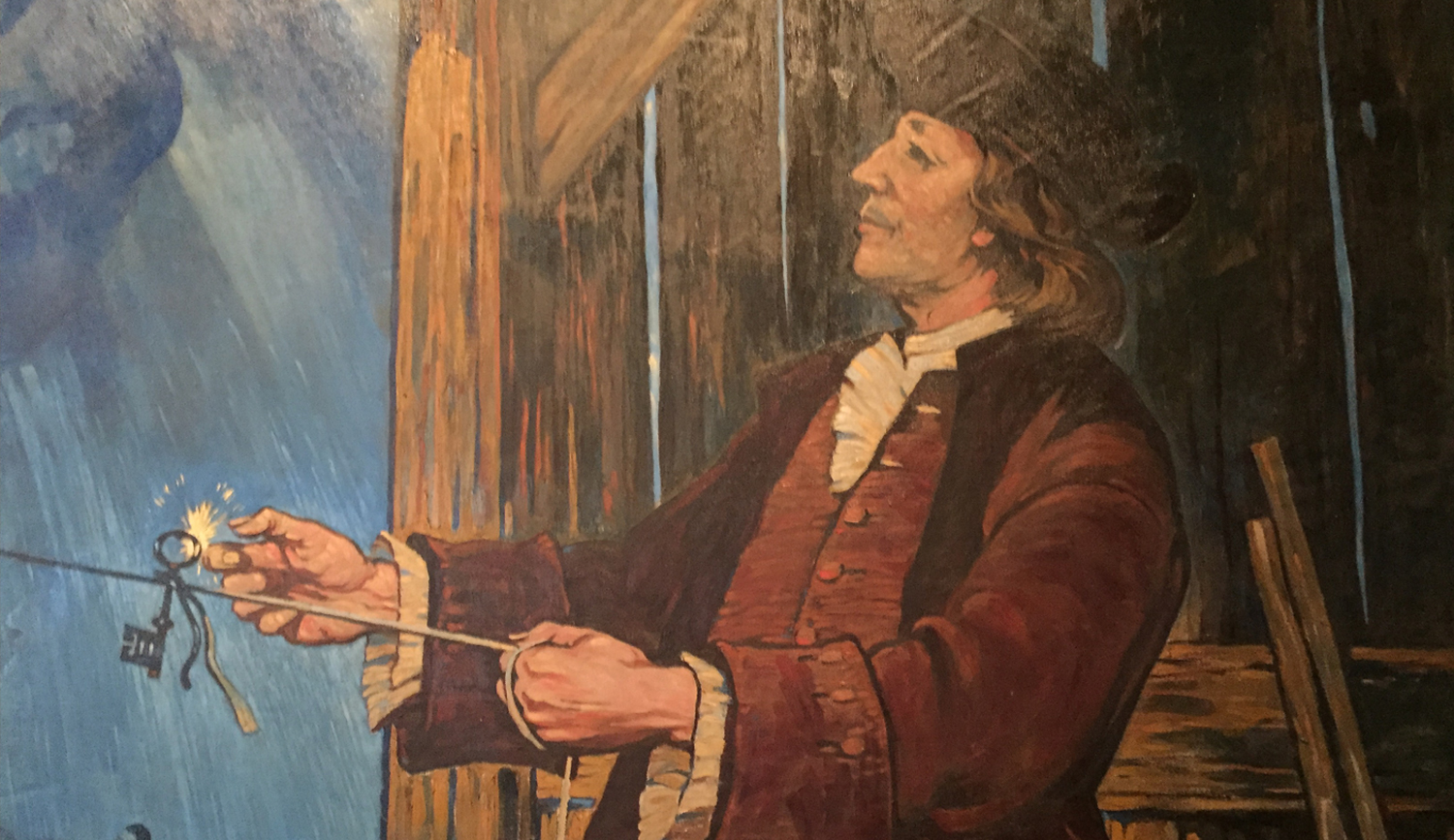In an event that will live in infamy in St. Louis, umpire Don Denkinger called Jorge Orta safe at first base that jump-started a Kansas City rally to win Game 6 of the 1985 World Series. The following day, the Royals defeated the Cardinals and claimed the championship, an event that symbolically signaled Kansas City’s ascent from younger sibling status.
Prior to this seminal sporting event, St. Louisans smugly viewed Kansas City as a pretender with big league aspirations. The tale of two cities differ more than a common state residency suggests.
As the nation’s ‘last’ eastern city, St. Louis scores higher in history. Situated on the Mississippi River, the town provisioned Lewis & Clark for its epic journey; Mark Twain landed his steamboat in the city’s bustling port. Two-hundred fifty crow miles away, the country’s ‘first’ western city lagged behind its elder sibling. The turbulent Missouri River proved difficult to navigate, the sunken steamers costly. But Kansas City was well-situated to provision pioneers embarking northwest on the Oregon Trail, or southwest on the Santa Fe Trail.
After the civil war, the railroads supplanted river boats for transportation primacy. Railroads abhor grades so rails followed river corridors, which triggered growth on both the east and west side of the state. Kansas City tied into the rail network, the lines transporting cattle to Chicago and funneling grain from the Great Plains to points east. St. Louisans—the host of the 1904 World’s Fair—viewed its younger sibling as a ‘Cowtown’.
Given their differences, it is unsurprising that the two cities eyed the other warily. Missouri’s eastern city bloomed with red brick homes, flats and four-family residences and classic steepled churches to accommodate the 19th century influx of immigrants. St. Louis banks tradition, but parochialism and rust belt erosion weighs it down. Conversely, Kansas City grew up with the automobile, its boulevards and neighborhoods fit together in a way that gives it an airy, progressive feel whose future seems brighter, though history duller than its eastern kin.
Their music and sports differ. Kansas City is known for jazz. The Lou tunes blues, and even named their hockey club the Blues. The west end of the state never warmed to hockey but abounds in basketball. The Cardinals date back 150 years; Kansas City gained gravitas visa vie the Chiefs of the upstart American Football League in 1963.
Though professional sports generally play a minor role in a city’s identity, the Chiefs and Patrick Mahomes—and yes Taylor Swift and her beau—buoyed the town’s spirit and educated the nation that Kansas City is a pleasant city of fountains, a safe walkabout via the Country Club Plaza, an efficient Boulevard system that moves traffic, and a Power & Light District that electrified the downtown area. The latter provides a far different view than The Lou’s downtown ghost town.
W.C. Fields, as the lost Professor Henry R. Quail in the movie, International House asked: “Is this Kansas City, Kansas; or Kansas City, Missouri?” Indeed, many on the left and right coasts view the Midwest as flyover country and previously thought that Kansas City was located in some Kansas wheatfield. No more. Indeed, one can almost hear Dorothy Gale tell Toto: “I don’t think we are in Kansas anymore.”
Give Time ‘time’ and it will flatten us with irony. Last Spring’s devasting tornado bypassed the Great Plains’ Tornado Alley and whom some once called the City of Kansas and landed on the back of an impoverished section of North St. Louis. Our Missouri legislators bartered financial relief for those poor folk whose St. Louis homes were destroyed by the tornado in exchange for tax breaks for luxurious new stadiums for the Kansas City Chiefs and Royals.
To some St. Louisans, this legislative call somehow felt like Don Denkinger revisited.

One reply on “A Tale of Two Cities”
Pretty spot on Paul. For a long time I have thought of the Denkinger call as marking the start of Kansas City’s ascension in state prominence and St. Louis’ decline. Seems like St Louis can’t catch a break, though often of its own making.
As usual, an interesting read.